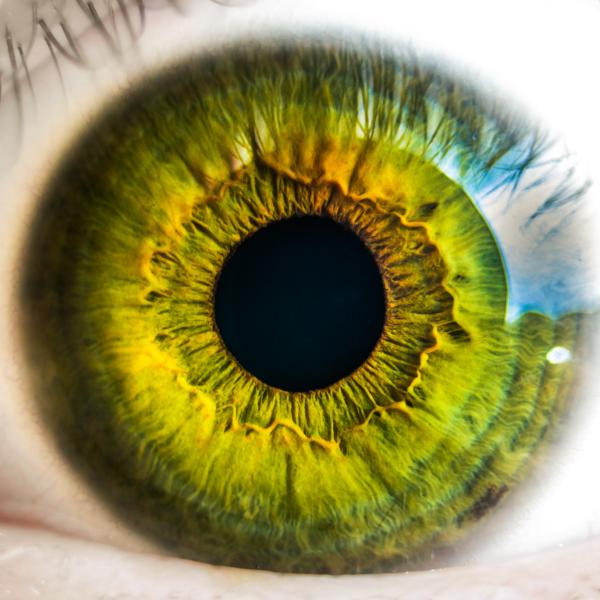The appearance of FDA-approved gene therapies in the arsenal of disease treatments is at the top of the list of exciting health and science advances of 2017.
The first two novel gene therapies for cancer treatment passed through FDA approval earlier this year, first B-cell acute lymphoblastic leukemia (ALL) followed quickly by Yescarta for large B-cell lymphoma - a type of non-Hodgkin lymphoma.
One more gene therapy squeaked in before year's end, not for cancer treatment, but an inherited form of vision loss that can lead to blindness called biallelic RPE65 mutation-associated retinal dystrophy.
The treatment is called Luxturna (voretigene neparvovec-rzyl) and could be used to treat roughly 1000 and 2000 people (both children and adults) each year in the United States and 6000 worldwide.
The two cancer therapies work the same way. They are both T-cell immunotherapies and use the bodies own T cells to fight the cancerous cells. The patient's T cells are collected, altered to carry a chimeric antigen receptor (CAR) that allows the T cells to find and kill the cancer cells, and placed back into the patient.
Luxturna works a bit differently - it is delivered surgically via subretinal injection, making this the first approval of a gene therapy that is directly administered.
The RPE65 gene, named for it's location of expression in the eye, the retinal pigment epithelium or RPE, is responsible for making the enzyme isomerohydrolase which is responsible for making rhodopsin, a molecule necessary for normal vision. Mutations in RPE65 block this process and result in impaired vision.
Luxterna delivers a normal, non-mutated, copy of the RPE65 gene directly to the cells of the retina. This allows the enzyme to be made and restores vision. In the Phase 3 study, 31 participants were asked to navigate an obstacle course at various light levels. Navigating in the low light settings was significantly improved in the patients who received Luxterna.
FDA Commissioner Scott Gottlieb, M.D. said that “Today’s approval marks another first in the field of gene therapy — both in how the therapy works and in expanding the use of gene therapy beyond the treatment of cancer to the treatment of vision loss — and this milestone reinforces the potential of this breakthrough approach in treating a wide-range of challenging diseases."
Researchers have been working on a gene therapy for this particular mutation for a long time (like most things in science). Almost a decade ago, three clinical trials were already in process. So, the fact that it is now available is incredibly exciting.




